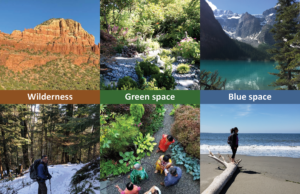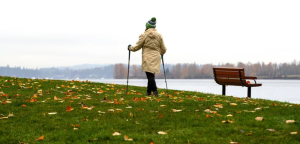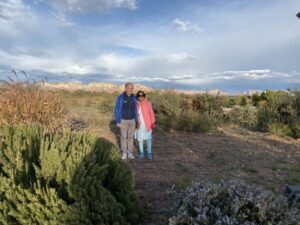Focusing Attention on Reciprocity between Nature and Humans
Can be the Key to Reinvigorating Planetary Health

Usha Varanasi, Ph.D., College of the Environment, University of Washington
In Press, Ecopsychology Journal, http://home.liebertpub.com/publications/ecopsychology/300/overview
Mary Ann Liebert Inc., Publishers
This timely essay raises the importance of shifting individual and societal attention to preventive and precautionary measures to maintain human and ecological health. These measures require strategic rather than reactive approaches to human health and ecological crises. This essay points to the growing body of research that nature (wilderness to green and blue space) is necessary for people’s physical, mental, and emotional health. Such evidence should persuade the public and policymakers to proactively conserve ecosystems, reducing the need to rescue depleted species or repair and restore their degraded habitats. It concludes with a plea for focused attention on reciprocal healing of both nature and humans, which can occur only if our interaction with nature–be it wilderness, an urban park, a garden–is frequent and respectful. The author suggests that the nature-and-health paradigm may be the game-changing strategy needed to sustain grassroots awareness for halting, and hopefully, reversing the trajectory of decline in planetary health. Our very survival depends on redefining our relationship with nature with deep reverence and empathy. In summary, purposeful attention and respect for nature across all parts of society can reinvigorate planetary health.

 As residents in Washington and much of the nation are confined to their homes and apartments under COVID-19 restrictions, many people are missing their usual “nature escapes”: that hike to a serene lake, a mountain bike trail through the woods, or even a favorite campground by a river where you can relax and recharge.
As residents in Washington and much of the nation are confined to their homes and apartments under COVID-19 restrictions, many people are missing their usual “nature escapes”: that hike to a serene lake, a mountain bike trail through the woods, or even a favorite campground by a river where you can relax and recharge.
